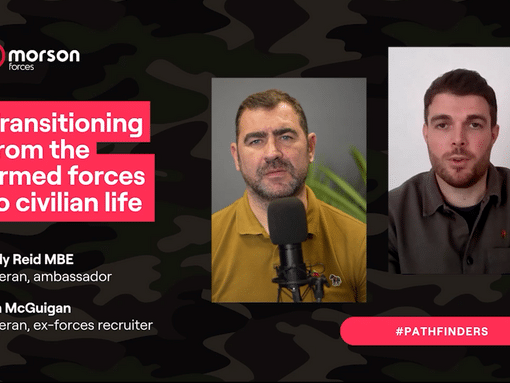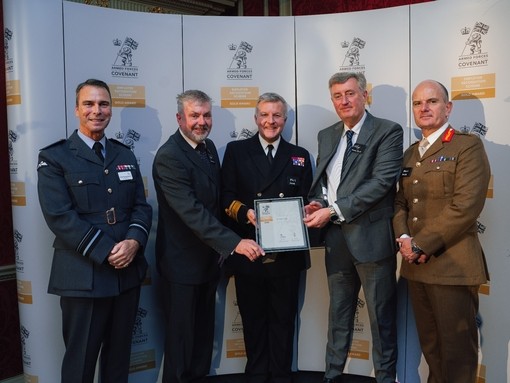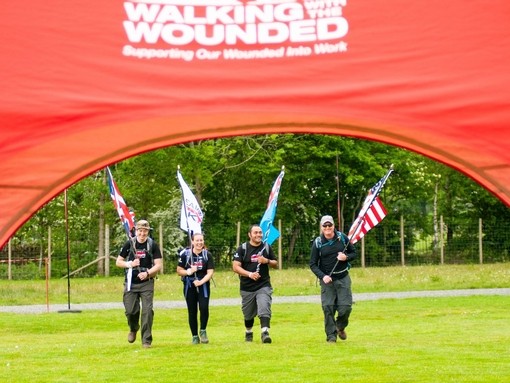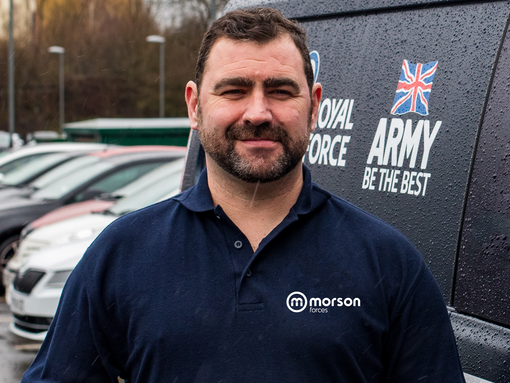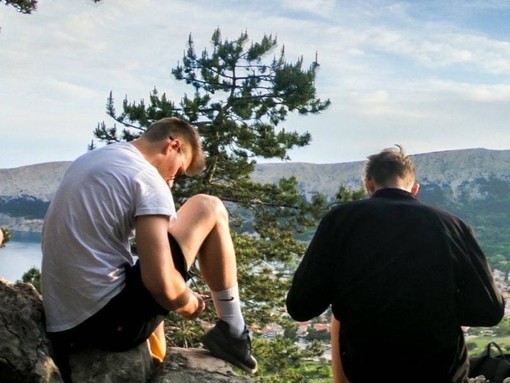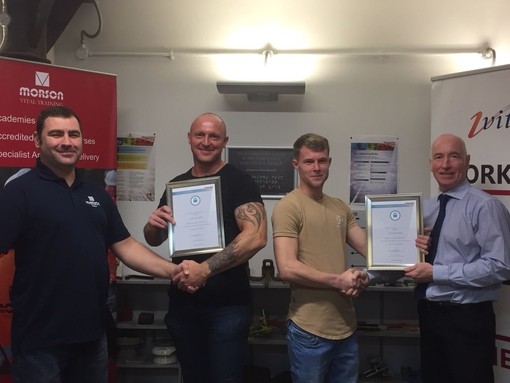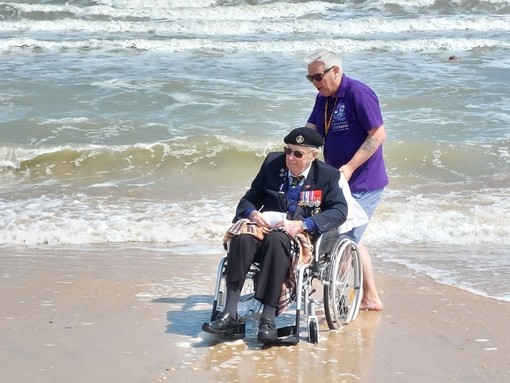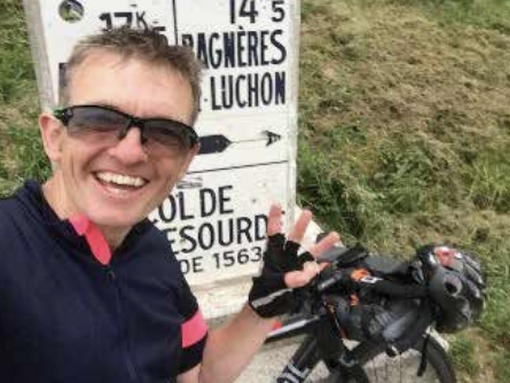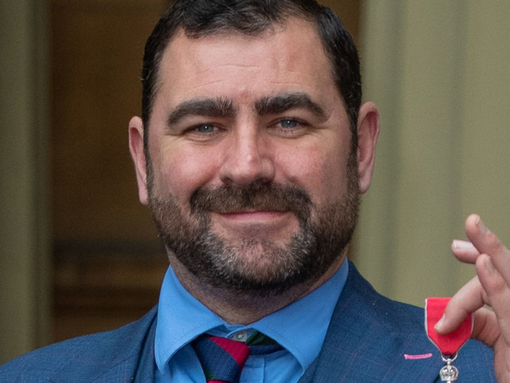
Overcoming adversity: real-life stories from Andy Reid MBE
People Matters is a new initiative by Morson to support the mental health, well-being and resilience of those we work with by showcasing real-life stories and advice.
Andy Reid MBE is Morson’s ex-forces ambassador. Since losing three limbs in Afghanistan in 2009 when he stepped onto an improvised explosive device (IED) and barely escaping with his life, Andy has had to overcome the physical and mental effects of his trauma and has gone on to share his experiences and strategies with others.
Andy joins Group Training Director Matthew Leavis for the first instalment of People Matters, ‘Overcoming Adversity’
Matthew: When we look at the topic of the conversation, it’s safe to say that you’ve faced more adversity than most. You’ve had to come back from some pretty life-changing injuries and I know some of the things that you’ve achieved since then. You said yourself you’ve chosen to become a survivor, not a victim. What were those practical steps that we could share with other people to help them live a fulfilled and successful life with some of the everyday challenges they’re facing? While your challenges were obviously physical there must have been a psychological element to that as well. How have you overcome that side?
Andy: The physical injuries are what they are, but then there are the mental injuries, the hidden injuries that nobody sees that people from all walks of life suffer from - anxiety, depression, feeling low, all these things affect a lot of people. For me, it’s about goal setting. I set myself an immediate, middle-term and long-term goal. For the Morson Training apprentices, a long-term goal might be getting the job at the end of the training, but at the start that can be quite daunting. Breaking things down into immediate, middle term and long term goals can help you move those things forward and help you achieve the larger aim.
Celebrating success is also important. If you pass a course or test that you need to where you’re aiming, celebrate that. I don’t mean by going to the pub and getting drunk, maybe go for a nice meal or buy yourself something nice. Congratulate yourself and that helps you moved forward to the next goal.
Matthew: I can really relate to what you’ve said. Personally, I’ve always suffered to some level with anxiety, it’s something that I think people don’t talk about enough and it’s great that someone like yourself is out there as an ambassador to talk about breaking down these barriers. There still is a lot of stigma around mental health but even you speaking here has inspired me to speak out openly. What about people who don’t know how to take that next step or to address the challenges?
Andy: Again, it’s about breaking it down into bite-sized pieces. Also, there will be someone out there who has achieved that goal that they’re aiming for, so seek support from that person. Seek knowledge and guidance. And there are plenty of groups out there who you can turn to for support.

Matthew: So with a less tangible problem, like an emotional one or a family problem, take that step back, look at where you want to be and then consider what’s the first step you need to take to get there. The first step is always the hardest isn’t it?
Andy: The first step in any walk of life is the hardest. Most people remember their first day at school even and how much anxiety they would have had then!
Matthew: We’ve had a question sent in and I see this all the time: “in my industry, asking for help is a sign of weakness”. What would you say about that? I’m assuming from the name and location this is a guy who works in quite a male-dominated industry and feels that taking the first step is a sign of weakness.
Andy: I’d actually say it’s a weakness not to ask for help. I think nowadays asking for help is a sign of strength. It’s recognising that you need support in some way. I’m meant to be a big tough strong soldier but I ask for help and I see a therapist and he guides me to where I need to be in life. Speak to your best friend, your brother-in-law, whoever.
There’s some great organisations out there too like the Samaritans. Not just for suicide but other issues as well. There are plenty of places you can do this anonymously, where you can go online with your camera turned off and speak that way.
My organisation, the Standing Tall Foundation, will help you get in front of a counsellor, so I’d encourage anyone to drop me a line.
Find out more about Andy Reid’s Standing Tall Foundation and how it could help you by clicking here

